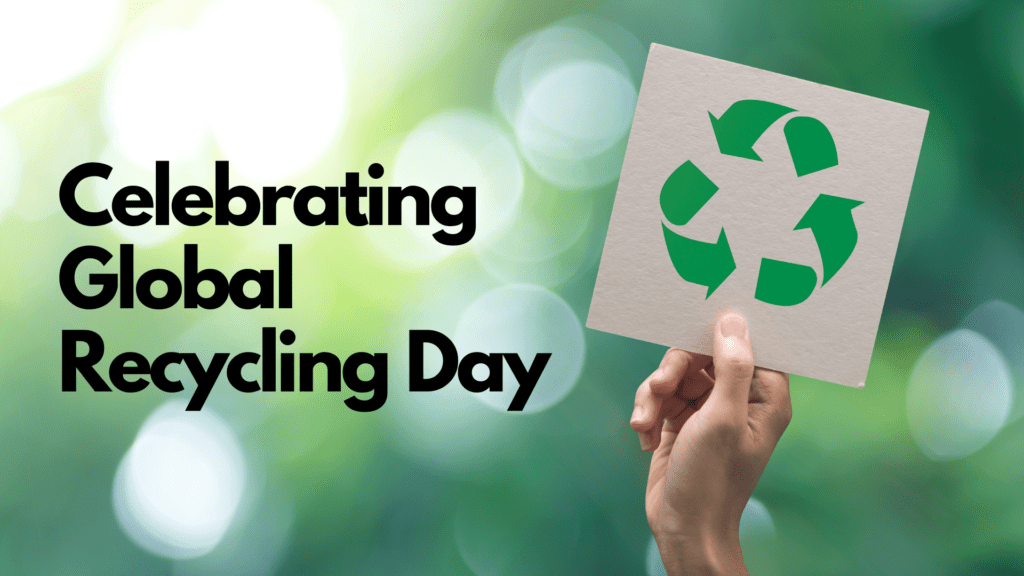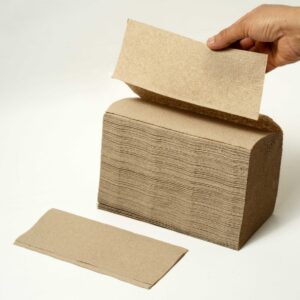
Global Recycling Day is celebrated annually on March 18 to promote the importance of recycling and raise awareness about the impact of waste on the environment. Recycling is crucial for the well-being of our planet and its inhabitants. It is the process of collecting and processing waste materials to create new products, which reduces the need to extract and use virgin resources.
Here are some statistics that highlight the significance of recycling:
- The Ellen MacArthur Foundation predicts that by 2050, there could be more plastic than fish in the ocean by weight, if we don’t take immediate action.
- Recycling one ton of paper saves 17 trees, 7,000 gallons of water, and 463 gallons of oil.
- Recycling aluminum saves 95% of the energy required to produce new aluminum from raw materials.
- E-waste, or discarded electronics, is the fastest-growing waste stream in the world. In 2019, it was estimated that the world generated 53.6 million metric tons of e-waste, and only 17.4% of that was recycled.
Recycling has many benefits for the environment and society. Here are a few:
- Conserves natural resources: By recycling, we can conserve natural resources such as timber, water, and minerals.
- Reduces pollution: Recycling reduces the amount of waste that goes to landfills and incinerators, which can cause air and water pollution.
- Saves energy: Recycling requires less energy than producing new products from virgin resources. This means that recycling can reduce greenhouse gas emissions and combat climate change.
- Creates jobs: Recycling creates jobs in the collection, processing, and manufacturing of recycled products.
So, what can we do to celebrate Global Recycling Day and make a difference in our daily lives? Here are some tips:
- Reduce: Reduce the amount of waste you generate by choosing products with minimal packaging, buying in bulk, and using reusable bags, containers, and water bottles.
- Reuse: Find ways to reuse items instead of throwing them away. For example, use old jars as storage containers or turn old clothes into cleaning rags.
- Recycle: Make sure to recycle all eligible materials such as paper, plastic, glass, and metal. Look up the recycling guidelines in your community to ensure you are recycling correctly.
- Compost: Composting is a great way to reduce food waste and create nutrient-rich soil for gardening.
- Educate: Share your knowledge about recycling with family, friends, and colleagues to raise awareness and encourage them to recycle.
In conclusion, recycling plays a crucial role in protecting our planet and conserving natural resources. By taking small steps in our daily lives, we can make a significant impact on the environment and create a better future for generations to come.






Comments are closed